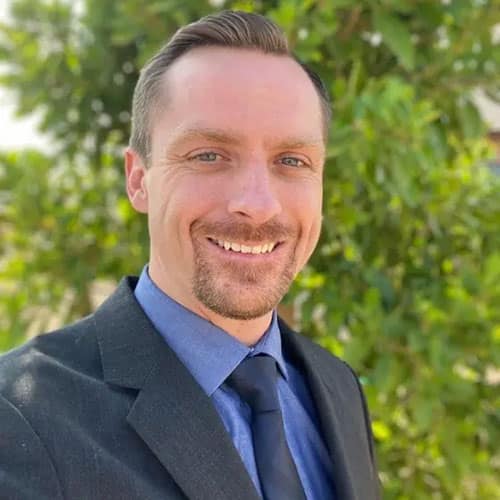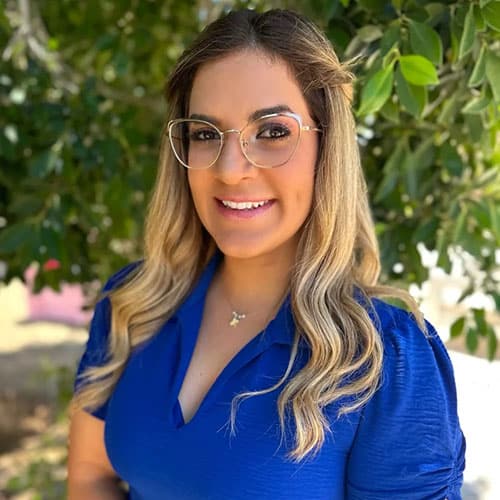- About Us
-
-
About Addiction Interventions
- About Us
- Why Choose Us
-
-
- Family Intervention Services
-
-
Substance Use Support
- Alcohol Abuse Disorder
- Drug Abuse Disorder
-
Mental Health Support
- Dual Diagnosis
- Mental Health
- OCD
- Self-Medicating
- Depression
- Anxiety
-
-
- Resources
-
-
Addiction
- Alcohol Detox
- Drug Detox
-
Take a Quiz
- Intervention Quiz
- Codependency Assessment
-
-
- Contact






















